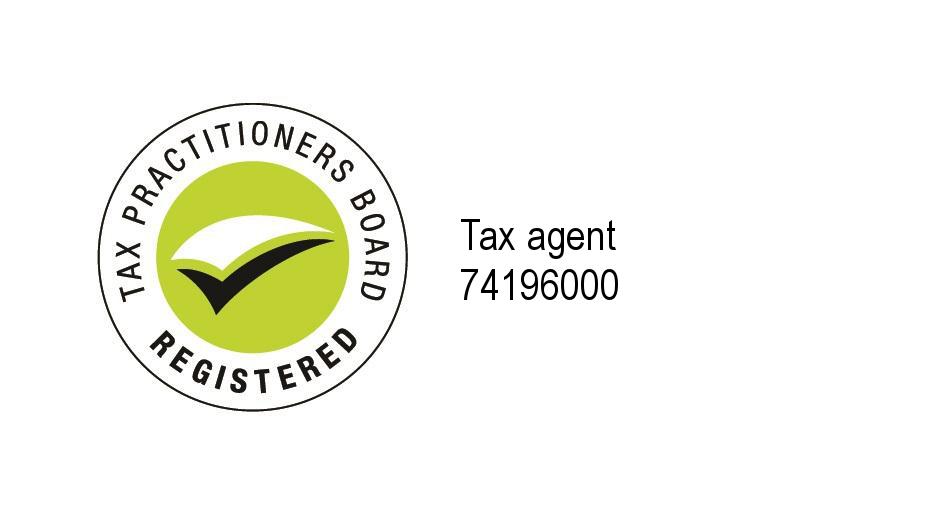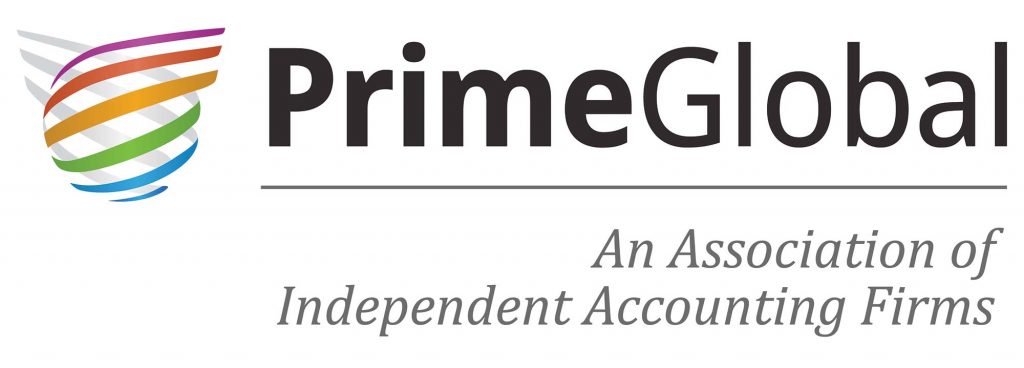Imposition of additional (surcharge) duty where foreign persons purchase residential land or undertake certain other transactions has been a feature of stamp duty legislation in several state jurisdictions for some years. Some recent developments in Victoria and NSW in relation to foreign persons which are discretionary trusts are considered below.
Victorian Duty – the change
The Victorian State Revenue Office (Vic SRO) has announced abandonment of its practical approach to classifying a family discretionary trust (DT) as a foreign trust for stamp duty surcharge purposes. The practical consequence of the change is that most DTs will likely ‘become’ foreign trusts for these purposes unless action is taken.
Under the practical approach, where (residential) land was acquired by a DT, stamp duty surcharge is not applied where the DT has foreign beneficiaries ‘who have not and who are, based on available information, unlikely in the future to receive any distributions’. This was a welcome concession, given the width of definitions of beneficiaries in most DT deeds.
However, from 1 March 2020, Vic SRO has said it will apply the special rules (s. 3B(2) of the Duties Act 2000 – ‘DA (Vic)’) for classifying DTs as foreign trusts.
Under the rules any (potential) beneficiary of a DT is deemed to have a beneficial interest in the maximum percentage of the capital that trustee is empowered to distribute to that particular beneficiary. As a result, a beneficiary which is a foreign natural person, a foreign corporation or a foreign trust may well have more than 50% of the trust estate and, consequently, cause the DT to be a foreign trust.
The Vic SRO will transition to the stricter approach. Contracts entered into or sub-sale nominations made before 1 March 2020 will assessed under the practical approach. Contracts or nominations made (semble) ‘on’ or made after that date will be assessable under the stricter approach.
Implications of the change
Prospective purchasers acquiring in the capacity as trustee of a DT will need to consider amending the trust deed prior to purchase to ensure that there are appropriate restrictions on foreign persons (foreign natural persons, foreign companies and foreign trusts) being beneficiaries of the DT.
Classification as a foreign trust has implications for the amount of duty payable in relation to:
- purchase of land and other interests dutiable under Chapter 2 of the Duties Act; or
- acquisitions of interests in landholding companies and landholding trusts to which Chapter 3 of the DA (Vic) applies, such as ‘relevant acquisitions’.
While many of our readers will have limited pre-contract or, even pre-settlement, involvement where their clients are purchasing land, we anticipate they will be heavily involved in relation to restructuring the entities through which a client holds land or in their clients’ purchases of interests in landholding companies and trusts.
Before restructuring or acquiring interests in landholding companies or landholding trusts where the shares or units are to be held by a DT, care will need to be taken to ensure that the transaction is not unwittingly made more costly due the DT being a foreign trust, when timely amendment of the trust deed would have avoided the duty surcharge.
Contrast the NSW stamp duty position
The Victorian move to requiring compliance with the DA (Vic) coincides with the NSW government’s revamping of the NSW duties legislation in relation to surcharge purchaser duty.
Since October 2019, the State Revenue Legislation Further Amendment Bill 2019 (NSW) – ‘the Bill’ – has been before the NSW Parliament. It was initially expected that the Bill would be passed prior to 31 December 2019. It was listed for further consideration on 4 February 2020 but consideration was deferred due to matters arising out the NSW bushfires. It is anticipated that it will receive attention when the NSW Parliament resumes sitting at the end of this month.
Basically, the Bill seeks to update the imposition of the NSW stamp duty surcharge payable by foreign trusts so that the imposition and administration of the surcharge accords with Revenue NSW’s administrative approach (see Ruling G 010 version 2). However, it also addresses the inability to amend operative discretionary testamentary trusts so that these comply with the existing/administrative requirements, by providing ongoing transitional relief. Clients with wills providing for future testamentary trusts will need to update their will, as the transitional provisions have limited application.
The legal concept of a ‘foreign person’ for NSW duty purposes presently relies on modification of the concept in the Foreign Acquisitions and Takeovers Act 1975 (Cwlth). Fundamentally, a trust will be a ‘foreign person’ for duty purposes where a substantial interest in the trust is held by one or more of the following: individuals who are not ordinarily resident in Australia (Australian citizens and certain other persons are deemed to meet the residency test for duty purposes), a foreign corporation or foreign government. A person holds a substantial interest in a trust where the person alone or with associates holds a beneficial interest in at least 20% of the income or property of the trust. In the case of a DT, each (potential) beneficiary is ‘taken to hold a beneficial interest in the maximum percentage of income or property of the trust that the trustee may distribute to that beneficiary’.
The Bill provides (new s. 104JA) that the trustee of a DT will be a foreign trustee (liable to surcharge duty) unless the trust prevents a foreign person being a beneficiary. Prevention generally requires that:
- ‘no potential beneficiary of the trust is a foreign person (the no foreign beneficiary requirement)’; and
- ‘the terms of the trust are not capable of amendment in a manner that would result in there being a potential beneficiary of the trust who is a foreign person (the no amendment requirement)’.
The ‘no beneficiary requirement’ largely corresponds with the strict approach that the Vic SRO will take from 1 March. The ‘no amendment requirement’ appears to be a step which has not yet been taken in Victoria – but one wonders whether this is only a matter of time.
The latter requirement appears to have arisen (Ruling G 010 version 2) as a condition of a concession rather than something inherent in the present NSW concept of ‘foreign person’, which at trust level has much in common with the Victorian concept of a ‘foreign trust’. On this basis, in order for Victoria to follow the NSW lead would appear to require Victorian legislative change.
Where DTs have acquired land in NSW since the inception of the surcharge on 21 June 2016 or are contemplating acquiring land in NSW, their trustees and advisers need to consider the Bill’s general provisions and transitional provisions.
The transitional provisions provide that the new s.104JA ‘extends to a surcharge duty transaction that occurred before the commencement of that section’. This is understandable because Ruling G 010 version 2 created an administrative concession (allowing time for a DT time to be amended to exclude foreign potential beneficiaries where there is not a scheme to avoid tax) and noted that it would be enshrined in retrospective legislation. The Bill is this retrospective legislation.
While the Bill’s operative provisions envisage the dual requirements will apply from enactment of the Bill, at least one commentator has observed that retrospective compliance from 21 June 2016 (under the transitional provisions) only requires that ‘the no foreign beneficiary requirement be met’. The commentator noted this retrospective application would be inconsistent with the Ruling. However, the second reading speech in relation to the Bill indicates that the ‘inconsistency’ is intentional.
The Bill contemplated a grace period between enactment and 31 December 2019 in which to amend a DT in order to comply with the need to exclude all foreign persons as beneficiaries. It is surmised that the 31 December 2019 end date will be adjusted to allow a grace period following enactment, but this must await further Parliamentary consideration of the Bill.
One might (mistakenly) anticipate that a grace period is not required, given the historical need to comply with the administrative concession. However, the Ruling containing the concession was effective from 13 September 2017 and it may be that some purchasers between 21 June 2016 and 13 September 2017 will not have benefited from the concession so, possibly, the grace period could be beneficial.
Given the administrative concession dates from September 2017 and the proposed legislation is aimed at giving the concession retrospective legislative effect, we anticipate that the foregoing will, in substance, be limited new news for NSW readers, although they await further Parliamentary action. However, interstate trustees and their advisers without day to day dealings with the NSW Revenue Office are likely to be in a different position. In particular, interstate advisers will need to appreciate the Bill will impact on purchases of NSW residential land (and certain property transactions such as those listed in s. 104L) as well as on restructuring of the entities through which a client holds residential land or on their clients’ purchases of interests in landholding companies and trusts.
Proposed NSW legislative change extends to land tax
In addition to defining the concept of foreign trustee for NSW stamp duty surcharge purposes, the Bill provides for a corresponding concept to apply for NSW land tax surcharge purposes. We will postpone comparative comment on the DTs in the context of the land tax surcharge to a later article.
This article provides a general summary of the subject covered and cannot be relied upon in relation to any specific instance. Webb Martin Consulting Pty Ltd and any person connected with its production disclaim any liability in connection with any use. It is not intended to be, nor should it be relied upon as, a substitute for professional advice.


